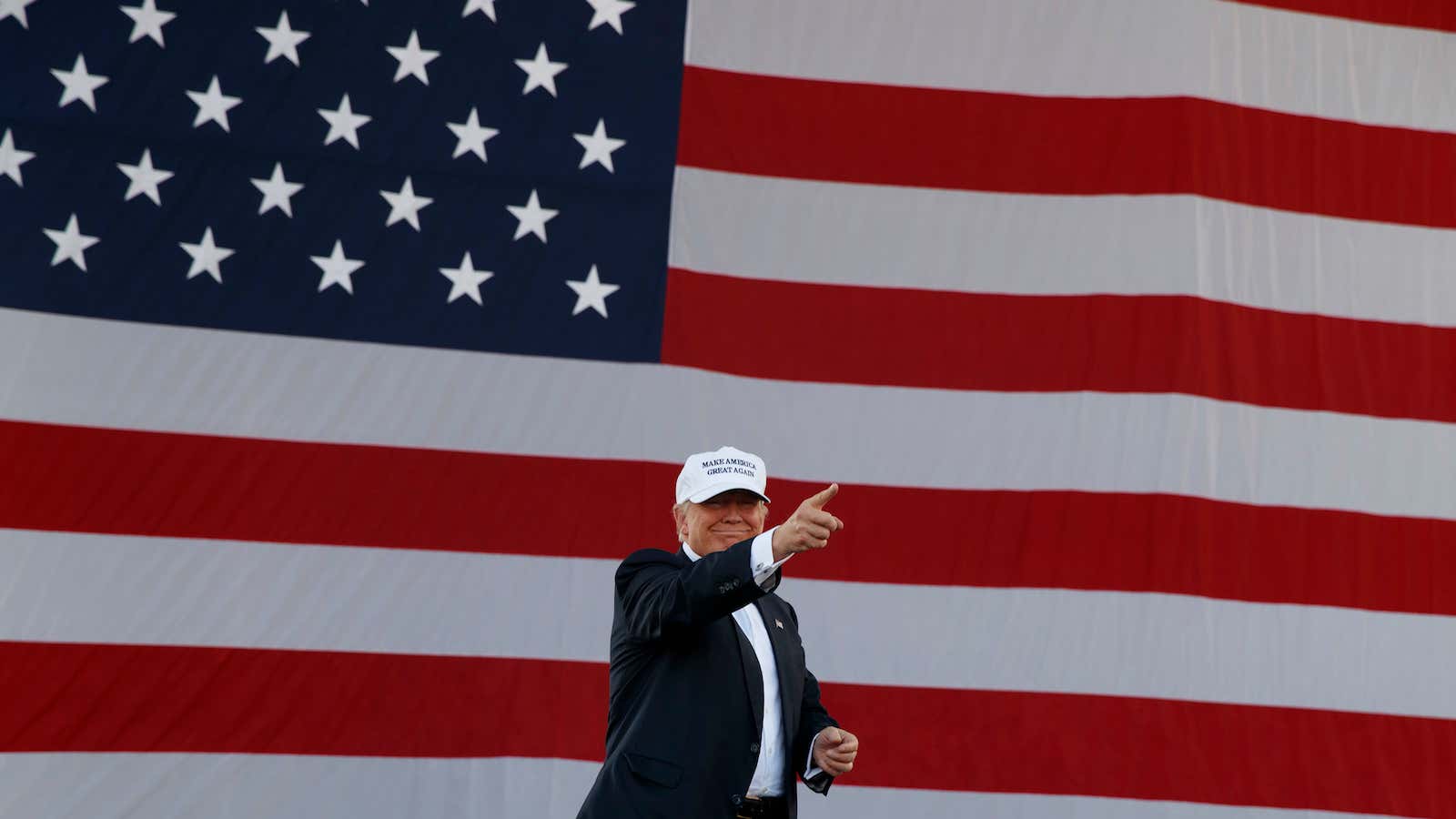The United States is not a humble country. Despite widespread voter suppression tactics and a criminal justice system that imprisons a higher percentage of black people than South Africa did during apartheid, Americans have a disconcerting tendency to insist that they live in the greatest democracy in the world.
Not only is this claim to be the world’s best highly disputable, but the United States wouldn’t classify as a democracy at all—from the perspective of the ancient Greeks who invented the term.
Josiah Ober, professor of political science and classics at Stanford University and the author of several books on early democracy, argues that the ancient Greek conception of democracy is widely misunderstood today.
“We tend to mistranslate it as majority rule. For the ancient Greeks, the word didn’t mean majority rule, or majority tyranny. Instead it really means people have the capacity to rule themselves,” he says. “That’s the core idea of democracy, the capacity for self-governance, not power of one part of the population over another part of the population.”
Ancient Greeks believed in widespread self-governance, and would likely be disturbed by the ignorance, apathy, and lack of political service today. Ober believes that they would describe the US as a “pseudo-democracy or straight-up oligarchy.”
It is not enough that to have elections to select the officials that then govern the United States; ancient Greeks would still view these disparate levels of power—with one small group of people ruling over the masses—as a form of oligarchy. And Ober says they would be particularly unimpressed with the current president of the United States.
Ancient Greeks had a definite idea of the characteristics of a tyrant: “A Greek tyrant was a megalomaniac, extremely greedy for material possessions, a sexual aggressor, he sought to block out all of his enemies from any role in politics,” says Ober. “I think they would look at our current president and say, ‘How doesn’t this fit the view we have of what a tyrant is?’”
The notion that a democracy could remain a democracy while headed by a tyrant simply doesn’t hold up, according to Ober. “If you have a tyrant, and you accept it and say, ‘Oh, that’s too bad, we have a tyrant,’ then you don’t have a democracy.”
There are further problems that prevent the US political system from meeting ancient Greek democratic ideals. Rather than the relentless contemporary focus on elections, under a true self-governing democracy, ordinary citizens would take turns holding the majority of public offices.
Moreover, Ober says any strong democratic nation must first establish shared interests, such as a mutual desire for a basic level of national security or welfare.
And strong civic education—exploring the values of the nation, and the responsibilities that go with being a citizen—is necessary to a functioning democracy. “I think these skills can be learned. It’s not like magic,” says Ober.
“I think the Ancient Greeks would say the US is a failed democracy,” he says. “They’d say the inability of the wealthy and relatively non-wealthy to come to some kind of a common judgment about things like healthcare and public education and so on is an example of a failure.”
